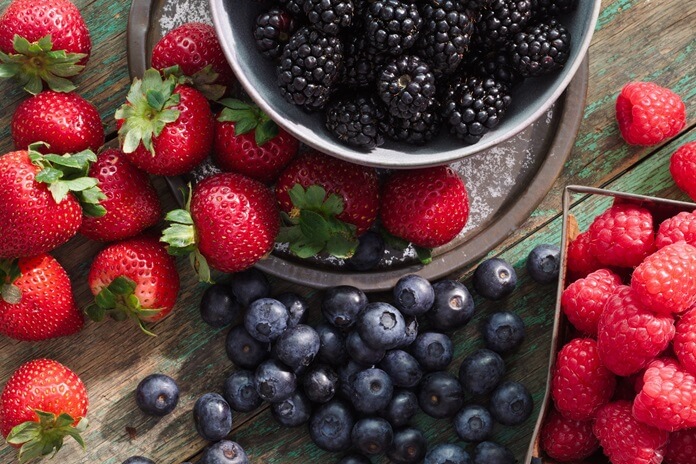Berries are one the good sources of nutrition that stand out as vibrant gems bursting with flavor and health benefits. Incorporating them into your diet supports a healthy immune system and digestive, cardiovascular, and cognitive functions, keeps you full, and boosts energy levels. From the delicious blueberry to the exotic goji berry, each of these small fruits provides a unique blend of vitamins, minerals, antioxidants, and phytochemicals that contribute to overall well-being.
This article delves into the diverse world of berries, exploring their remarkable health benefits and the reasons why adding them to your diet can pave the way to a healthier, more vibrant life.
List Of Berries
1) Blueberries
Blueberry is best known for its rich antioxidant content, especially anthocyanins, which contribute to its deep blue hue. These antioxidants aid in combating oxidative stress and inflammation in the body which ultimately helps to reduce the risk of chronic diseases such as heart disease and cancer. Similarly, it also offers high fiber and vitamin C which supports digestive health and immune function.

Around 148 grams of blueberries give you 3.6 grams of fiber, 16% of the daily value of vitamin C, and 84 calories.
2) Strawberries
Strawberry is one of the popular consumed berries in the world which is not just a delightful summer treat but also a nutritional powerhouse. Strawberries are rich in vitamin C, manganese, and antioxidants like ellagic acid, providing several health benefits.

Eating strawberries can be beneficial to those individuals who are dealing with heart disease, including blood cholesterol, triglycerides, and oxidative stress. Similarly, it also helps boost skin health and immunity. Additionally, strawberries are low in calories, making them a guilt-free snack option. Just 144 grams of strawberries provide 3 grams of fiber, 94% of the DV vitamin C, and 46 calories.
3) Raspberries
Raspberry is another delicious and nutritious berry that contains antioxidants and micronutrients, including vitamin C, manganese, vitamin K, and magnesium. Raspberries support digestive health and also regulate blood sugar levels.
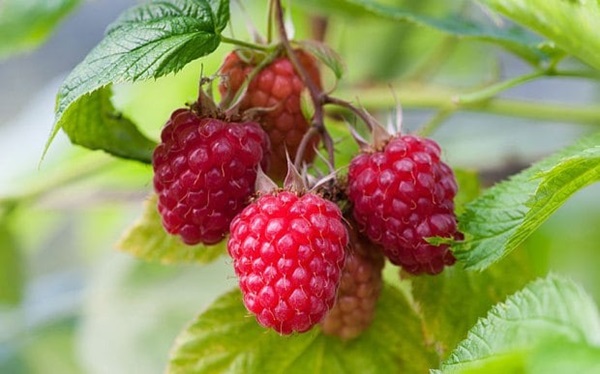
Moreover, raspberries contain flavonoids like quercetin and gallic acid, which possess anti-inflammatory and anti-cancer properties. Incorporating raspberries into your diet can contribute to overall wellness and disease prevention.
You might get 64 calories, 8 grams of fiber, and 36 percent of the DV Vitamin from 123 grams of Raspberry.
4) Blackberries
Blackberries are great for the taste buds and the body with their dark hue and sweet-tart flavor. These berries are loaded with vitamin K, which plays a crucial role in bone health and blood clotting.
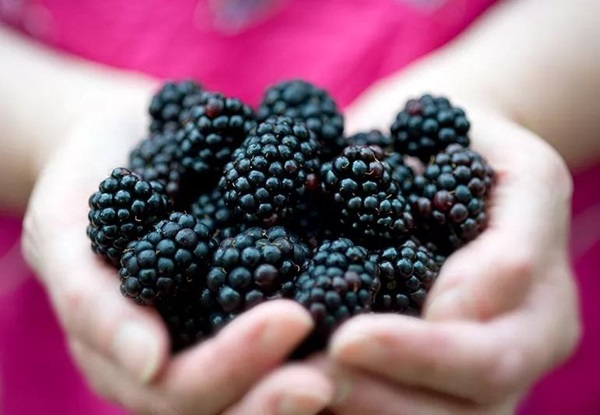
Moreover, it also contains anthocyanins and other antioxidants that aid in protecting cells from damage caused by free radicals. Incorporating blackberries into your diet can benefit your cardiovascular health and cognitive function.
5) Cranberries
Cranberries are another healthy fruit which are tart in taste. They are commonly consumed as juice or as cranberry sauce instead of raw. This berry contains high levels of proanthocyanidins which aids in preventing urinary tract infections (UTIs). It also contains vitamin C and fiber, which supports immune function and digestive health. Consuming cranberries or their juice regularly may reduce the risk of UTIs and support overall urinary tract health.

You might receive 46 grams of calories, 3.6 grams of fiber, and 16% of the DV vitamin C from 110 grams of cranberries.
6) Goji Berries
Goji Berries are small fruits that contain antioxidants and powerful medicinal properties. These are known for their vibrant hue and unique, sour flavor. It may promote immune function and eye health by containing vitamins, minerals, and antioxidants. It has been used in Traditional Chinese Medicine for 2000 years. According to research, it elevates energy levels, sleep quality, focus, and mental acuity.
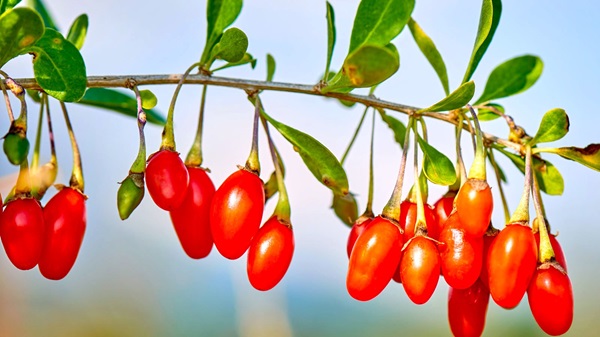
Also Read, 20 healthy snacks to lose weight
7) Elderberries
Elderberry is one of the most popular plants in the world as it is usually used for boosting the immune system and helping with respiratory issues like colds and flu. It contains vitamins C and A, dietary fiber, and antioxidants. However, the raw berries, bark, and leaves are poisonous or toxic.
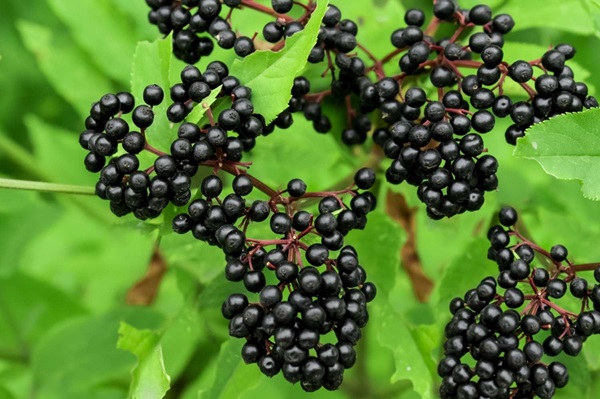
One cup or 145 grams of fresh berries contains 106 calories, 26.7 grams of carbohydrates, and less than 1 gram each of fat and protein. Moreover, it also helps to reduce high blood sugar, promote detoxification, and ease allergies.
7) Acai Berries
Acai berries are a Brazilian fruit that has gained popularity globally and are praised for being particularly beneficial to health and well-being. Acai has an earthy taste which is usually described as a cross between blackberries and unsweetened chocolate. These berries support heart health, boost brain function, and may help improve cholesterol levels.
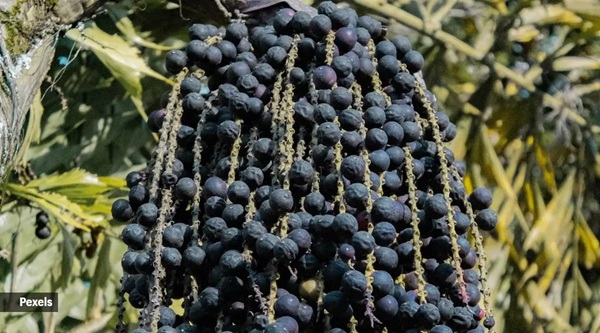
Likewise, These berries are also used to flavor foods like jelly beans and ice cream, and acai oil is found in some non-food products like body creams.
8) Huckleberry
Huckleberries are tiny round berries that grow on shrubs in North America. It can be found in several colors like red, blue, or black, depending on the species. It tastes sweet and slightly tart. They are used in several products such as pies, jams, syrups, and even beverages.

Similarly, they are excellent sources of phytochemicals, like anthocyanin and polyphenols. It is also rich in B vitamins and iron, which support metabolic processes.
9) Barberry
Barberry is another small tart berrie that grows on shrubs. These berries are not as famous as other berries you see on the market, however, they provide health benefits like other berries.
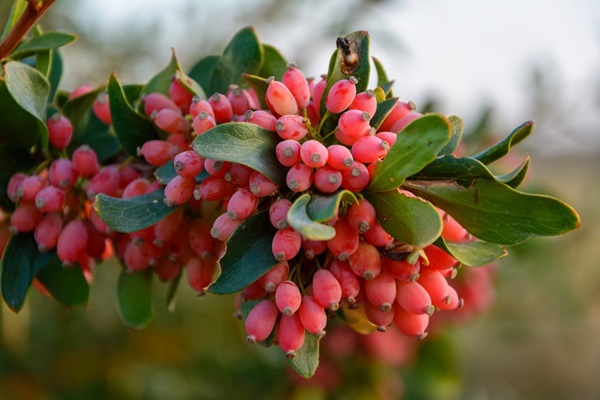
They are rich in vitamin C and have helpful alkaloids like berberine. Barberries may hele in calming you down, reduce swelling, and help your body fight off infections. Individuals often consume them as tea, capsules, or tinctures to get these health benefits.
10) Mulberries
Mulberries are fruits from mulberry trees which are which are related to figs and breadfruit. These berries are found in different colors like black, white, or red. They are often processed into wine, juice, tea, jam, or canned foods. You can also snack on dried mulberries.
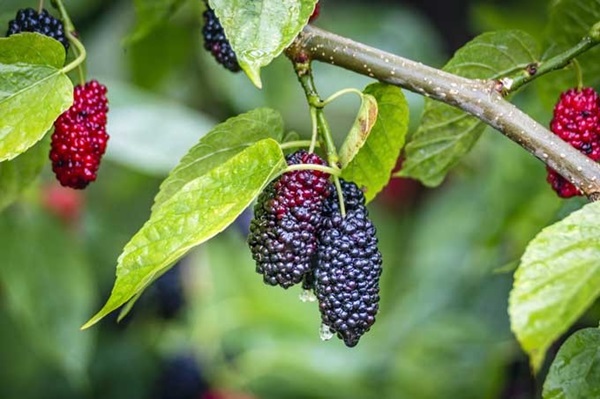
Moreover, mulberries aid in controlling blood sugar levels, protect liver health, support healthy digestion, and reduce cholesterol levels. Likewise, just 140 grams of mulberries provide 88% water and only have 60 calories per cup.
11) Bilberries
Bilberries are tiny blueberries that come from Northern Europe. They have been used as medicine since medieval times, and their juice was used to color fabric and paper. A cup of bilberries offers roughly 85 calories, 15 grams of natural sugar, and 4 grams of fiber.
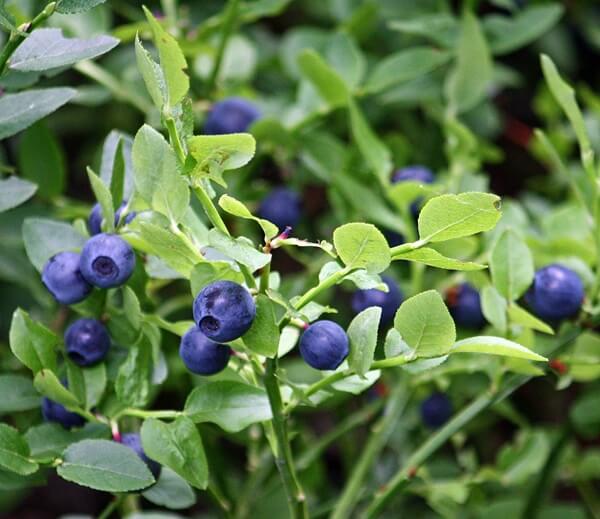
Similarly, Bilberries are also rich in antioxidants, which are good for your body because they help keep it healthy and fight off sickness. Likewise, it also helps to improve vision to lower blood sugar and cholesterol levels
Frequently Asked Question
What are the benefits of eating all berries?
The antioxidants in berries aid in preventing heart disease and high blood pressure. Similarly, soluble fiber in berries can slow digestion and help you feel full longer, which can make losing weight easier.
What is bilberry good for?
Bilberries are used for a variety of health problems such as diarrhea, inflammation of the mouth, urinary problems, and diabetes.
Which berry is the most powerful?
Aronia Berries are one of the most powerful superfoods which has the highest level of antioxidants that protect your body’s cells from the damaging effects of oxidation.
You may also like to read, 12 Healthy Smoothie Recipes for Breakfast
